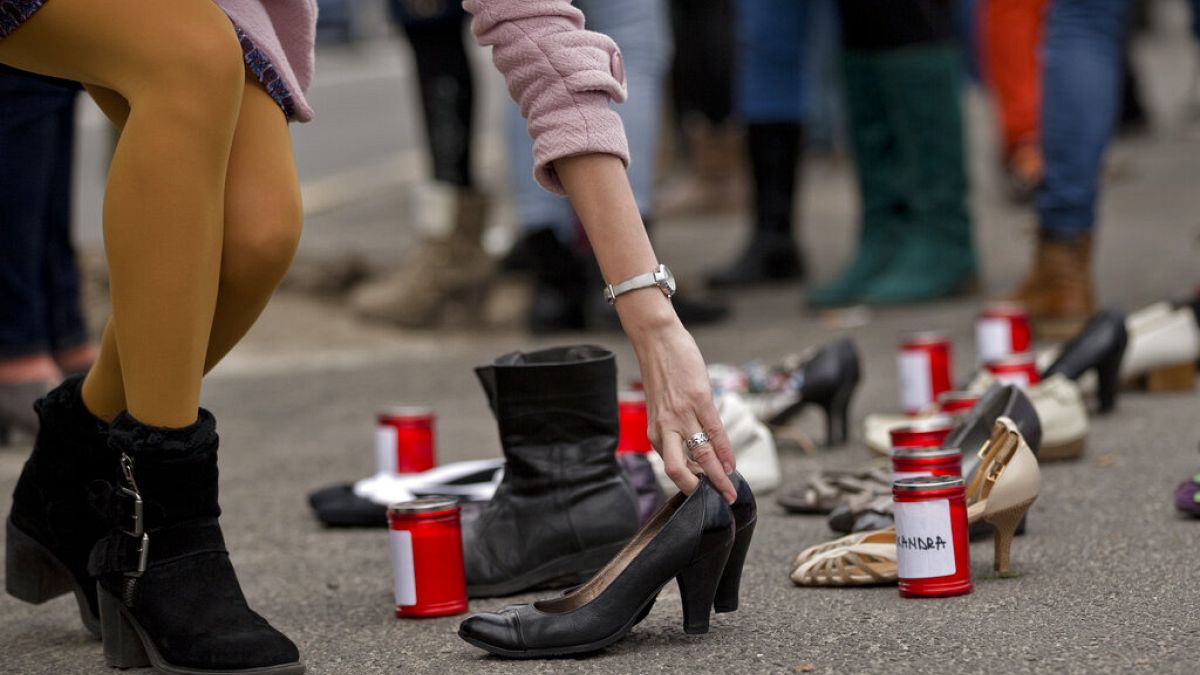

In an ever-evolving global landscape, recent events highlight a mix of pressing social issues and transformational developments. From concerns of public safety and awareness in Germany to significant socio-political uprisings in Australia, the world is witnessing varied narratives that illuminate challenges as well as change.
Beginning in Germany, the troubling rise of domestic violence has garnered significant attention. Reports reveal that every two minutes, an individual in Germany experiences violence within their home. A staggering 80 percent of these cases involve women, underscoring the urgent need for societal and governmental intervention. Despite the gravity of reported incidents, experts express concerns about a significant number of unreported cases, suggesting that the situation might be more critical than perceived. As discussions around this issue expand, the need for comprehensive strategies to provide support to victims and to effectively address the root causes of domestic violence becomes ever more apparent.
Transitioning to the international scene, a tragic case involving the alleged murder of a Kenyan woman, Agnes Wanjiru, by British soldiers resurfaces with the victim’s family expressing dissatisfaction over the handling of the investigation. More than a decade has passed since the incident, but for Wanjiru’s family, resolution feels distant. Despite assurances from UK Defence Secretary John Healey about dedicating resources to see the case to its conclusion, the family remains skeptical about the progress, as promises appear politically motivated to them. This distressing scenario highlights the ongoing struggles families face in their pursuit of justice and accountability on an international stage.
Simultaneously, Australia bore witness to a monumental public gathering on the iconic Sydney Harbour Bridge. This peaceful march, driven by the Palestine Action Group, was a call for an end to violence in Gaza. Though numbers vary—with organizers claiming up to 300,000 participants and police estimating 90,000—the powerful symbolism of the event was underscored by prominent figures like Julian Assange and former politicians participating. Despite challenging weather, the demonstration brought together diverse voices united in advocating for human rights, drawing attention to the pressing humanitarian issues in Gaza.
Amid these socially charged narratives, the cultural landscape in Berlin faces its own challenges. SchwuZ, reputed as Germany’s oldest and largest gay nightclub, has declared bankruptcy. Operating for nearly five decades, SchwuZ has been an enduring symbol of cultural expression and acceptance. However, inflationary pressures and a shifting societal party culture compounded by management difficulties have forced this iconic establishement to shutter its doors. The closure not only impacts the local nightlife but also raises concerns about the broader implications for cultural spaces amid economic adversities.
In a realm of positive transformation, the appointment of the UK’s first female archbishop offers a glimpse of progression within the Anglican Church. The Most Rev Cherry Vann, newly appointed archbishop of Wales, opens up about her personal journey of concealing her sexuality for decades within a traditional institution. Her steadfast faith, she shares, played a pivotal role in her perseverance and ultimate success in breaking through barriers to become a leading figure in the church. Vann’s story resonates with themes of resilience and hope, demonstrating that with determination and belief, change is indeed possible.
Across these stories, it is clear that the global community is in a state of transition. While challenges persist in forms of societal violence, justice, and cultural shifts, there is an underlying current of change driven by advocacy, resilience, and progress. Understanding and addressing these issues with compassion and proactive solutions will be crucial to fostering a world where justice, peace, and inclusivity can thrive.
Source: {link}
